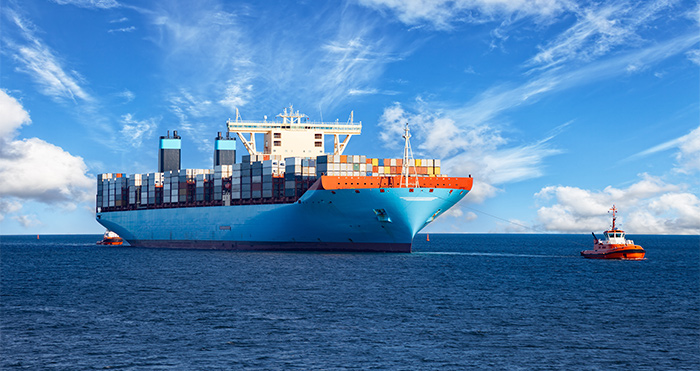What are forwarder company meanings in shipping?
To quickly settle the customs procedures during the transportation of goods, the term "Forwarder" was formed and used in logistics to refer to the intermediaries that link between businesses and shipping units. This reduces the time-consuming and process-intensive work phases between the parties.
The article summarizes the information you need to know about forwarders which include how to properly understand forwarders? When to use forwarder service? Choosing a reputable forwarder for international orders?
How to understand a forwarder service?
A forwarder is an indispensable unit when using domestic and international freight processes. Many businesses today do not believe in using forwarders' service which is present in the market because it is more of a "stork" than an intermediary. However, forwarders save time and effort for businesses when solving procedural problems quicker.
Forwarder service can reduce costs for partners by using vehicles such as ships, planes, their containers or signing contracts with other carriers. The forwarder connects the shipper and the transport business through a brokerage agreement and does most of the paperwork problems. Forwarders have more knowledge and experience in this industry, so they make the buying and selling procedure more convenient and help save costs, time and effort for the freight process.
Forwarders help save costs, time and effort for the freight process.
When to use Forwarder?
Usually, a business wants to transport a large amount or a small number of goods but does not have time to deal with issues such as bills of lading, customs, declaration, etc. That's when it's time to look to forwarders, forwarders who understand the legal procedures for transporting goods will shorten queuing time and loading goods.
Documents that the forwarder handles on behalf of the shipper:
- Incoterms (International Commercial Terms): Commercial rules are widely used internationally. It is the transaction conventions between the buyer and the seller
- Sale contract: Agreement for the buying and selling process between two countries
- Commercial Invoice: The seller asks for the cargo money from the buyer, the invoice clearly states the items, the quantity of the goods, and the payment method, etc.
- Bill of Landing (B/L): Most commonly seen when using different types of transport. The seller authorizes the carrier (transportation units, captain) to confirm that the goods have been transported or discharged at the time and place specified at the port.
Forwarders help businesses save a lot of time for procedures
How to ship international cargo?
In addition to domestic delivery, international shipping is a big obstacle for trans-national businesses. Because of the feature of working with foreign partners, the application issues are more complicated and take more time. This enhanced the forwarder's role in the transportation process, especially those who are fluent in foreign languages and understand the steps of working in an international working environment.
Procedures to handle a large package while using sea freight transportation need to ensure full transparency of the parties. Letrans as one of the reputable forwarders will be a good choice when businesses desire to use sea freight. The quality services required to ensure smooth transportation of goods include:
- Good quotation and publicly listed on the system and website, businesses can easily access the service with filled information
- There are many policies, promotions, and incentives that come when using services (air freight, sea freight, land freight) at Letrans
- The staff's respectful attitude towards customers and enthusiasm when taking care of quality to customers is the top priority to choose a forwarder.
- Unusual cases affect goods while using sea freight also calculated already. So, there are policies to ensure the circulation of goods, compensation when incidents occur while moving.
- Full cargo insurance information is disclosed to the participating parties



